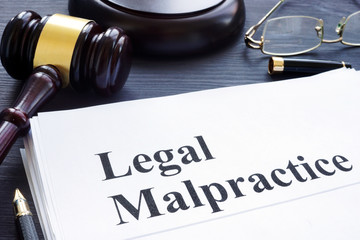
In 2020, COVID-19 wreaked havoc upon just about every segment of business globally. Businesses scrambled to deal with the economic impact of the pandemic, with many closing because of stay-at-home orders. The ones that did remain open shuffled their business plan, reinventing themselves and utilizing new tools created for working in the virtual landscape.
One of the immediate fallouts of the health crisis was pandemic-related class action lawsuits across a number of industries. Over the course of the year, more than 6,900 of these lawsuits were filed.
Of these, 1,245 lawsuits have been employment-related matters. The lawsuits primarily dealt with failure to pay minimum wage, overtime wages, and sick leave. Lawsuits concerning discrimination, workplace safety, benefits policies, and disability policies were also filed.
Many of the lawsuits seek to address violations in state and federal laws. The class action lawsuit against transportation network Lyft, for example, was filed because plaintiffs claimed that the company violated Washington DC’s 2008 Accrued Safe and Sick Leave Act. The case has gone to arbitration. Other employment-related class action suits are associated with violations of the Worker Adjustment and Retraining Notification Act, which requires employers to give advance notice before terminating employment.
The airline industry is also defending against a number of class action lawsuits. Many deal with cancellation policies that do not allow customers to receive refunds. The issues at hand typically concern breach of contract terms related to the airline ticket’s terms and conditions, in addition to violation of state consumer protection laws, fraudulent misrepresentation, and unjust enrichment. Other issues pertain to plaintiffs claiming they suffered out-of-pocket loss or the loss of benefit of the bargain, and they are suing for compensatory damages.
In the securities sector, the most common lawsuits involve investors who claim that a company made misleading or false claims related to the pandemic’s impact on its business, either downplaying the effects or overstating the company’s ability to respond appropriately to the crisis. As a result, investors purchased stock at higher prices.
Moreover, the plaintiffs in many of these cases claim that the company failed to provide certain disclosures, but this was not discovered until after the pandemic exposed weaknesses. For example, communications platform Zoom is involved in a class action suit where investors allege they were misled about the company’s encryption capabilities.
A number of education-related class action lawsuits have also been filed. Many of these lawsuits allege breaches in contract, unfair business practices, and unjust enrichment, among other claims. The most common complaint was that institutions did not deliver the services for which students paid. Some of these lawsuits involve online or remote learning, and the plaintiffs claim they received substandard education.
Many of the defendant institutions in these cases assert that the cases should be considered individually or “are not uniquely situated” and do not meet the merits of a class action case. In cases where a motion to dismiss has been filed, the university has defended itself by stating that the plaintiffs failed to make a claim, pointing to the contract and specific contractual provisions.









You must be logged in to post a comment.